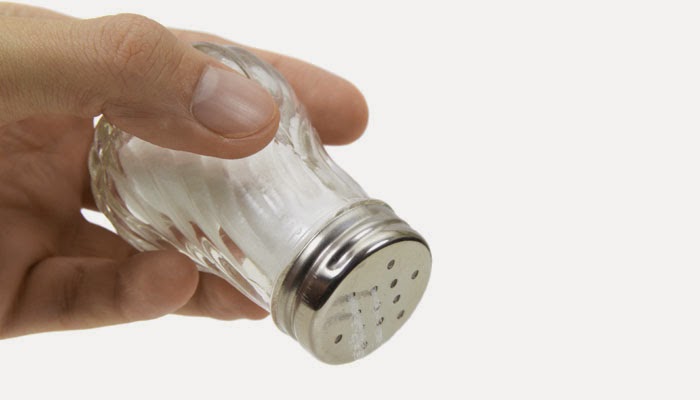Consume less salt to reduce stomach cancer risk

|
Getting your Trinity Audio player ready...
|
London: A new study has revealed that excessive salt consumption,
which is well known for causing high blood pressure and heart disease,
can also increase the risk of stomach cancer.
The most well-established stomach cancer risk factor is infection with
a bacterium called Helicobacter pylori (H. pylori), which causes
inflammation within the stomach that can progress to stomach cancer,
the Daily Express reported.
Researcher John Atherton of United European Gastroenterology Secretary
said that although they don’t know exactly why a high salt intake
increases the risk of stomach cancer, studies suggest that it may
encourage the growth of H. pylori and make it more toxic to the cells
of the stomach.
Current guidelines from the World Health Organisation (WHO) suggest
that no more than 5g of salt (less than 1 teaspoon) should be eaten
per day, which can be a challenging target given that most salt in our
diets is not added by us, but comes from processed foods such as
bread, cheese, breakfast cereals and ready meals.
Atherton added that in the UK, people’s salt target is no more than 6
g per day, which should theoretically reduce the risk of stomach
cancer as well as other salt-related health problems.
He continued that they need more studies to confirm that eating a
low-salt diet reduces the incidence of stomach cancer, but there is
preliminary evidence from Japan to suggest this would be the case.
Credit: ANI





